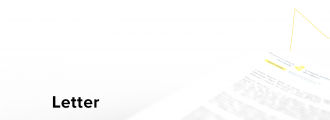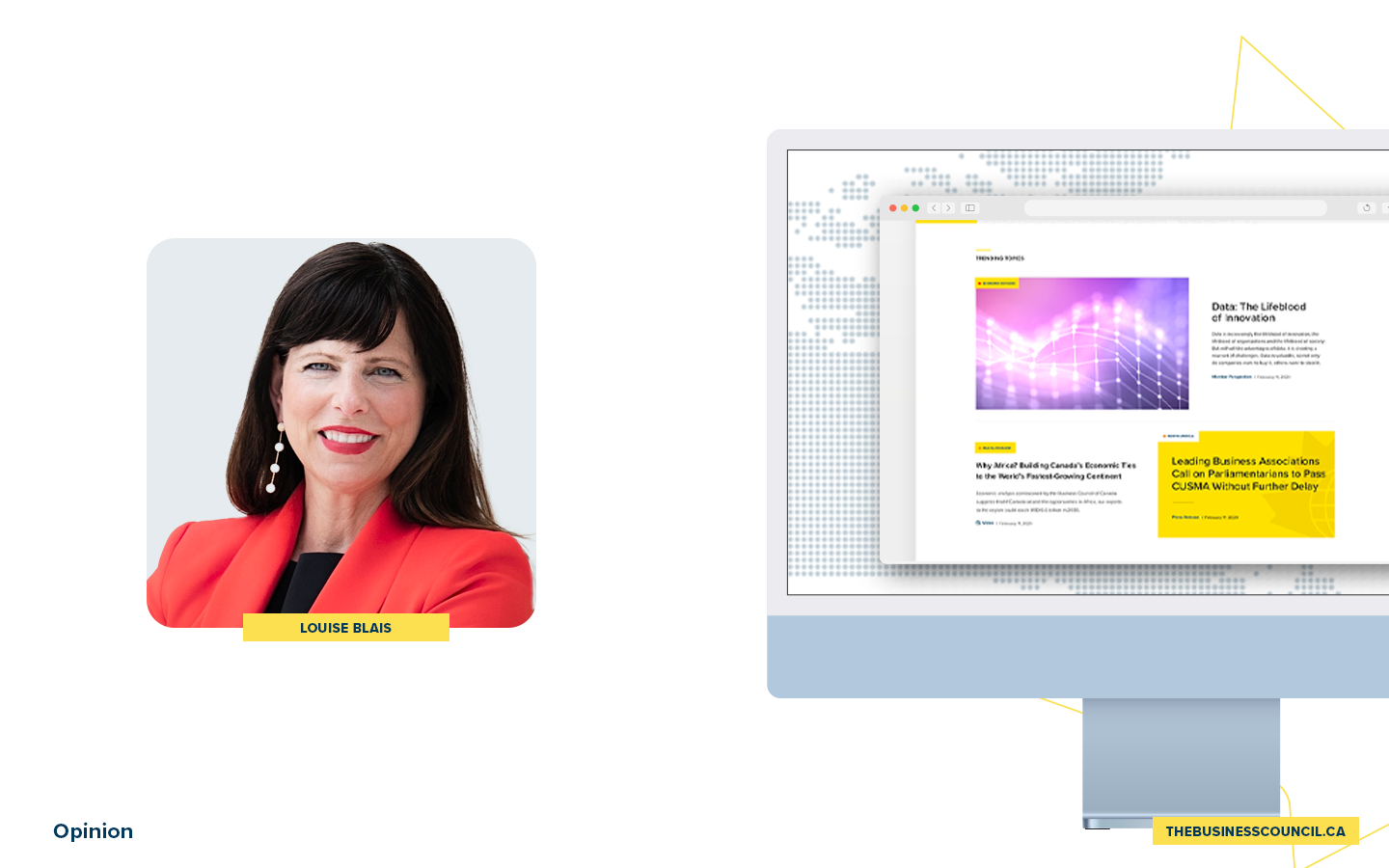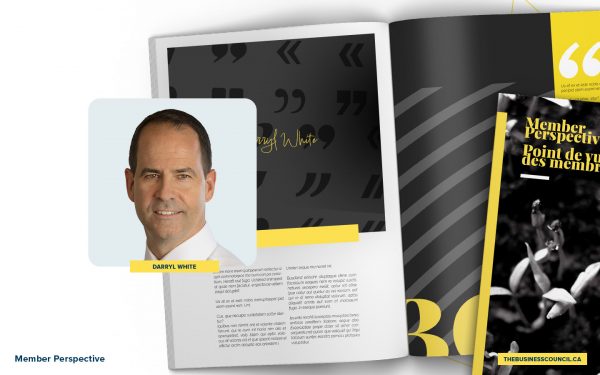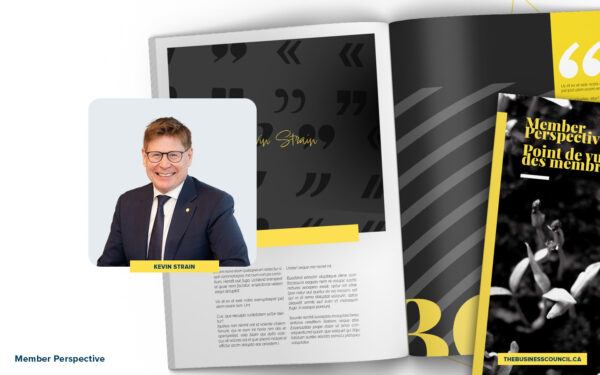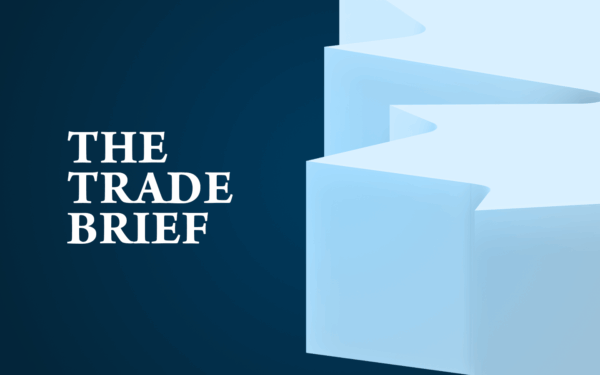Our blasé approach to intelligence makes Canada a choice target
As published in The Globe and Mail
Listening to national security adviser Jody Thomas’s testimony about Chinese interference in the House of Commons last week, everything I heard rang true.
In my time in government as a senior diplomat, I had access to that infamous “secure system” she referenced. In fact, I was a keen consumer of its intel information. However, I was the exception.
Many of my colleagues, understandably, did not take the time out of their busy days to leave their phones on their desks and go into the special area, which required a bunch of extremely cumbersome security steps. Beyond the practical hurdles, the information contained in the documents often did not directly affect our work. Therefore, you had to go on faith, weekly, just in case there would be a nugget there that would make a difference. For overstretched bureaucrats, I can understand why they often did not bother.
To me, the fundamental problem here is not who-read-what-and-when (if ever). This entire unfortunate situation is laying bare our systemic blasé approach to intelligence and to the handling of sensitive information in this country. We don’t take our intelligence seriously enough, and we get a failing grade at securing our data. Just to cite one example, we have become truly lax discussing sensitive information using technology like cellphones. It is too convenient and expedient. How many times did I see confidential briefings with personal electronics in our purses and pockets – or on our wrists? We all did it.
Even information that is not classified can be useful to adversaries, such as other governments. One of the most striking examples in my career was when I was directly involved in Canada’s last campaign to get a seat on the UN Security Council. It’s hard to overstate the sensitivity of the information we managed and exchanged. Yet, there we were on WhatsApp. Mind you, we were not alone. Other Western democracies cut corners too. Interestingly, not so much American diplomats, and certainly not the Chinese or the Russians.
In Canada, our laissez-faire approach can’t be attributed to the party in power. This attitude is actually part of our identity and our culture as a nation.
Accordingly, our bureaucracy reflects our sense of self: good-natured and optimistic about the world. We tend to see the reality as we wished it were, rather than how it truly is. We are aspirational. This is part of what makes Canada so great, but unfortunately, it also makes us an easy target. And our default tendency is to ignore signs for as long as possible.
As a result, when disaster does strike, we are always surprised. We react with shock: “How could they?” Then we deal with the latest interruption with all our might, but as a one-off, instead of taking stock of what it might mean more broadly.
And even then, it really does take a catastrophe to stop us in our tracks. Unless something hits us over the head (like the abduction of Michael Kovrig and Michael Spavor as a result of our arrest of Huawei CFO Meng Wanzhou), we have a strongly ingrained tendency to fail to detect emerging threats and get ahead of them.
I know this tendency intimately, having been accused more than once of being alarmist when raising red flags. Consequently, I was very conscious of the professional price I was paying for sticking my neck out. Going against the grain of the calm majority in any room is rarely rewarded. The nothing-to-see-here attitude was pervasive and overwhelming. The underlying message was “please follow along and do not ever be dramatic – everything is just fine.”
Our naiveté would be quaint if it was not so dangerous.
We must wake up from our daydream and realize that the post-Cold-War period of globalization is over, and it has been for many years. Unless we change tack, Canada will remain a choice target, if not a punching bag.
We must challenge our world view and urgently adopt a more pragmatic approach, which includes bolstering our security systems and adapting our diplomacy accordingly. We have lost precious time, but it is not too late. If there can be one silver lining in this continuing public debate on Chinese interference, it should be that hoping for the best cannot come at the expense of preparing for the worst.



